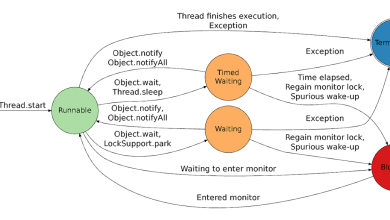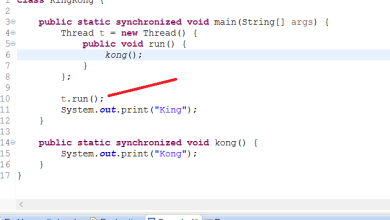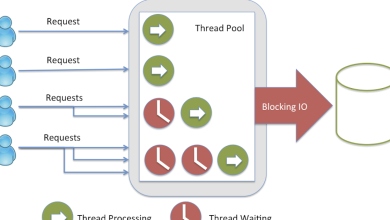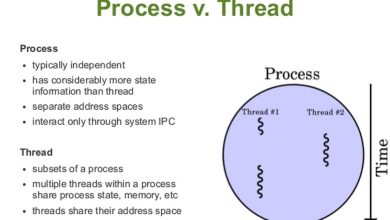What is Timer and TimerTask in Java – Tutorial Example
one time and repeated execution. Timer is similar
to the alarm facility many people use in mobile phones. Just like you can have one
time alarm or repeated alarm, You can use java.util.Timer to
schedule a time task or repeated task. In fact, we can implement a Reminder utility
using Timer in Java and that’s what we are going to see in this example of Timer in Java. Two classes java.util.Timer and java.util.TimerTask is used to
schedule jobs in Java and forms Timer API.
This Java tutorial will also highlight the difference between Timer and TimerTask class and explains how Timer
works in Java. By the way, the difference between Timer and Thread is also a popular
Java questions on fresher-level interviews.
What is Timer and TimerTask in Java
Timer in Java is a utility class from java.util package
which provides the facility to schedule tasks at any time in the future. As I said
earlier, Timer is analog to the alarm clock you set up on your smartphone.
Just like alarm can be either one time or recurring, You can also schedule task
for one time and recurring time interval using Timer API.
to schedule Task where the task is an instance of TimerTask class,
which implements the Runnable interface and overrides run() method to
define task which is called on scheduled time.
How Timer works in Java?
based on how you created your Timer object), also called timer’s task
execution thread.
task at the specified time.
If your Timer thread is not daemon then it will stop
your application from exits until it completes all scheduled tasks.
It’s
recommended that TimerTask should not be very long otherwise it can keep
this thread busy and not allow other scheduled tasks to get completed.
This can
delay the execution of other scheduled tasks, which may queue up and execute in
quick succession once the offending task is completed.
Here is a nice diagram which illustrate how Timer works in Java:
Difference between Timer and TimerTask in Java
I have seen programmers getting confused between Timer and TimerTask, which is
quite unnecessary because these two are altogether different. You just need to
remember:
an implementation of Runnable interface and overrides
run method to define the actual task performed by that TimerTask.
2) Both Timer and TimerTask provide a cancel() method. Timer’s
cancel() method cancels the whole timer while TimerTask’s one cancels only a
particular task.
I think this is the worth noting difference between Timer and TimerTask in Java.
Also, here is a nice table which highlights all the difference between Timer and TimerTask in Java:

Canceling
Timer in Java
You can cancel Java Timer by calling the cancel() method of java.util.Timer class,
this would result in the following:
1) Timer will not cancel any currently executing task.
2) Timer will discard other scheduled tasks and will
not execute them.
3) Once the currently executing task will be finished, the timer thread will
terminate gracefully.
4) Calling Timer.cancel() more than one time will not
affect. the second call will be ignored.
individual TimerTask by using the cancel() method of TimerTask itself. You can further see these Java Multithreading courses to learn more about Thread and TimerTask in Java.
Timer
and TimerTask example to schedule Tasks
Here is one example of Timer and TimerTask in Java to implement Reminder
utility.
public class JavaReminder {
Timer timer;
public JavaReminder(int seconds) {
timer = new Timer(); //At this line a new Thread will be
created
timer.schedule(new RemindTask(), seconds*1000); //delay in
milliseconds
}
class RemindTask extends TimerTask {
@Override
public void run() {
System.out.println(“ReminderTask
is completed by Java timer”);
timer.cancel(); //Not necessary
because we call System.exit
//System.exit(0);
//Stops the AWT thread (and everything else)
}
}
public static void main(String args[]) {
System.out.println(“Java
timer is about to start”);
JavaReminder
reminderBeep = new JavaReminder(5);
System.out.println(“Remindertask
is scheduled with Java timer.”);
}
}
Output
Java timer is about to start
Remindertask is scheduled with a Java timer.
ReminderTask is completed by Java timer //this will print after 5 seconds
Important
points on Timer and TimerTask in Java
 Now we know what is Timer and TimerTask in Java,
Now we know what is Timer and TimerTask in Java,How to use them, How to cancel then and got an understanding of How Timer works
in Java. It’s a good time to revise the Timer and TimerTask.
1. One Thread will be created corresponding ot each Timer in Java, which could
be either daemon or user thread.
2.You can schedule multiple TimerTask with one
Timer.
3.You can schedule tasks for either one-time execution or recurring
execution.
4.TimerTask.cancel() cancels only that
particular task, while Timer.cancel() cancel all task scheduled in
Timer.
5. Timer in Java will throw IllegalStateException if you try
to schedule a task on a Timer that has been canceled or whose Task execution Thread
has been terminated.
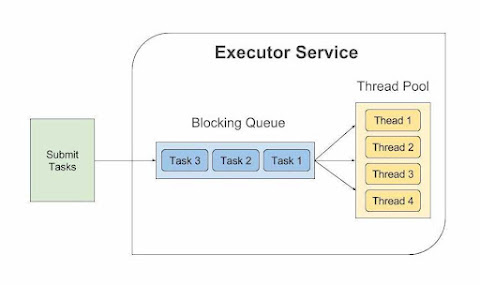
That’s all on what is Timer and TimerTask in Java
and the difference between Timer and TimerTask in Java. A good understanding of Timer API is required by Java programmers to take maximum
advantage of scheduling features provided by Timer. They are essential and can
be used in a variety of ways e.g. to periodically remove clean cache, to perform timely jobs, etc.
Other Java Multithreading Tutorials from Javarevisited Blog

